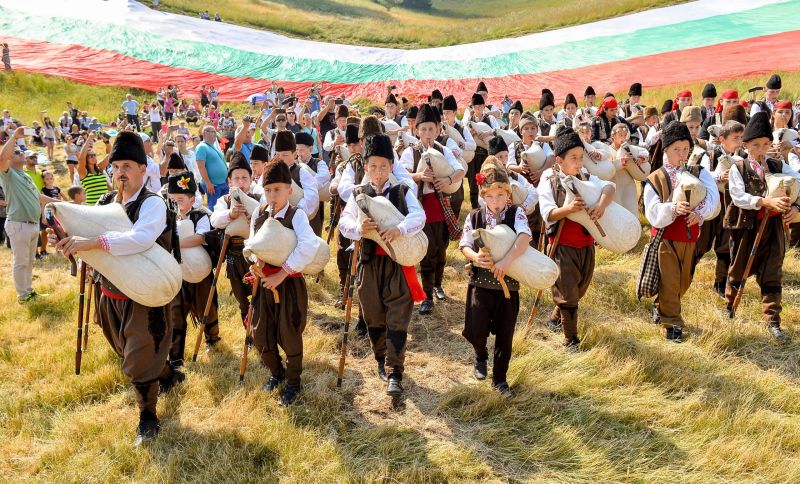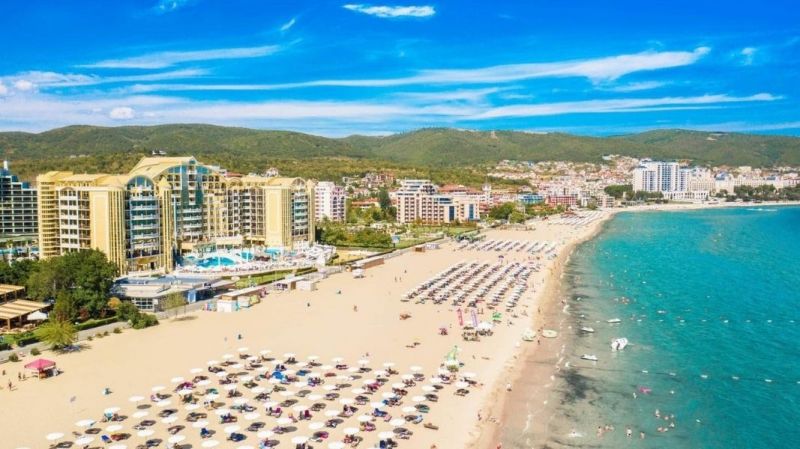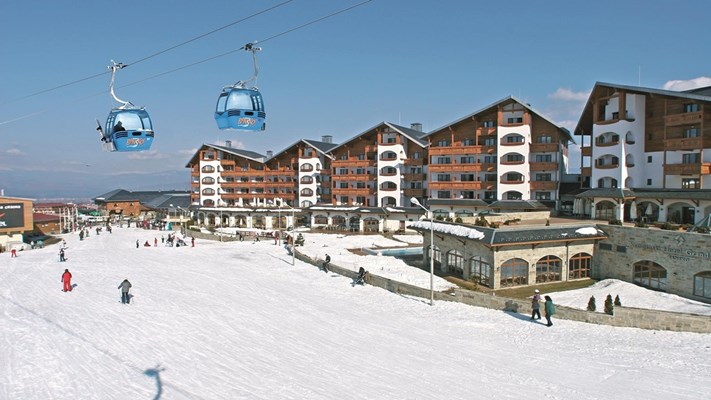Life in Bulgaria
Life in Bulgaria for expats can be a unique and rewarding experience. The country offers a mix of traditional culture and modern amenities, making it an attractive destination for those looking to relocate. However, as with any move to a new country, there are certain challenges that expats may face when adjusting to life in Bulgaria.
One of the main challenges that expats may face is language barrier. While English is widely spoken in urban areas, it may be more difficult to communicate in rural areas and smaller towns. To overcome this, it is important for expats to learn some basic Bulgarian, as it will help them in everyday situations such as shopping and interacting with locals. Additionally, many businesses and government offices may require communication in Bulgarian, so it would be beneficial to have a good command of the language.

Another challenge that expats may face is the cost of living. Bulgaria is known for its low cost of living, but expats may still struggle with the costs of relocation and adapting to a new lifestyle. To overcome this, expats should research the cost of living in their specific location and budget accordingly. Additionally, they should also be prepared to negotiate prices when shopping, as haggling is a common practice in Bulgaria.
Culture shock is also a common challenge for expats. Bulgaria is a country with a rich and unique culture, and it can take some time for expats to understand and adapt to the customs and traditions of the locals. To overcome this, expats should make an effort to learn about Bulgarian culture and history, and also get involved in local events and activities. Additionally, they should also be open-minded and respectful of the local culture, as it will help them to integrate into the community more easily.

Despite these challenges, there are also many benefits to life in Bulgaria for expats. The country is known for its natural beauty, with mountains, beaches, and scenic countryside. Additionally, there are many historical and cultural sites to visit, such as the ancient city of Plovdiv, the Rila Monastery, and the Thracian tombs. Furthermore, the cost of living is relatively low compared to other European countries, making it an attractive destination for retirees and those on a budget.

In conclusion, life in Bulgaria for expats can be a unique and rewarding experience, but it comes with its own set of challenges. To overcome these challenges, expats should be prepared to learn some basic Bulgarian, budget accordingly, be open-minded and respectful of the local culture and get involved in local events and activities. With patience and perseverance, expats can successfully adjust to life in Bulgaria and enjoy all that this beautiful country has to offer.

